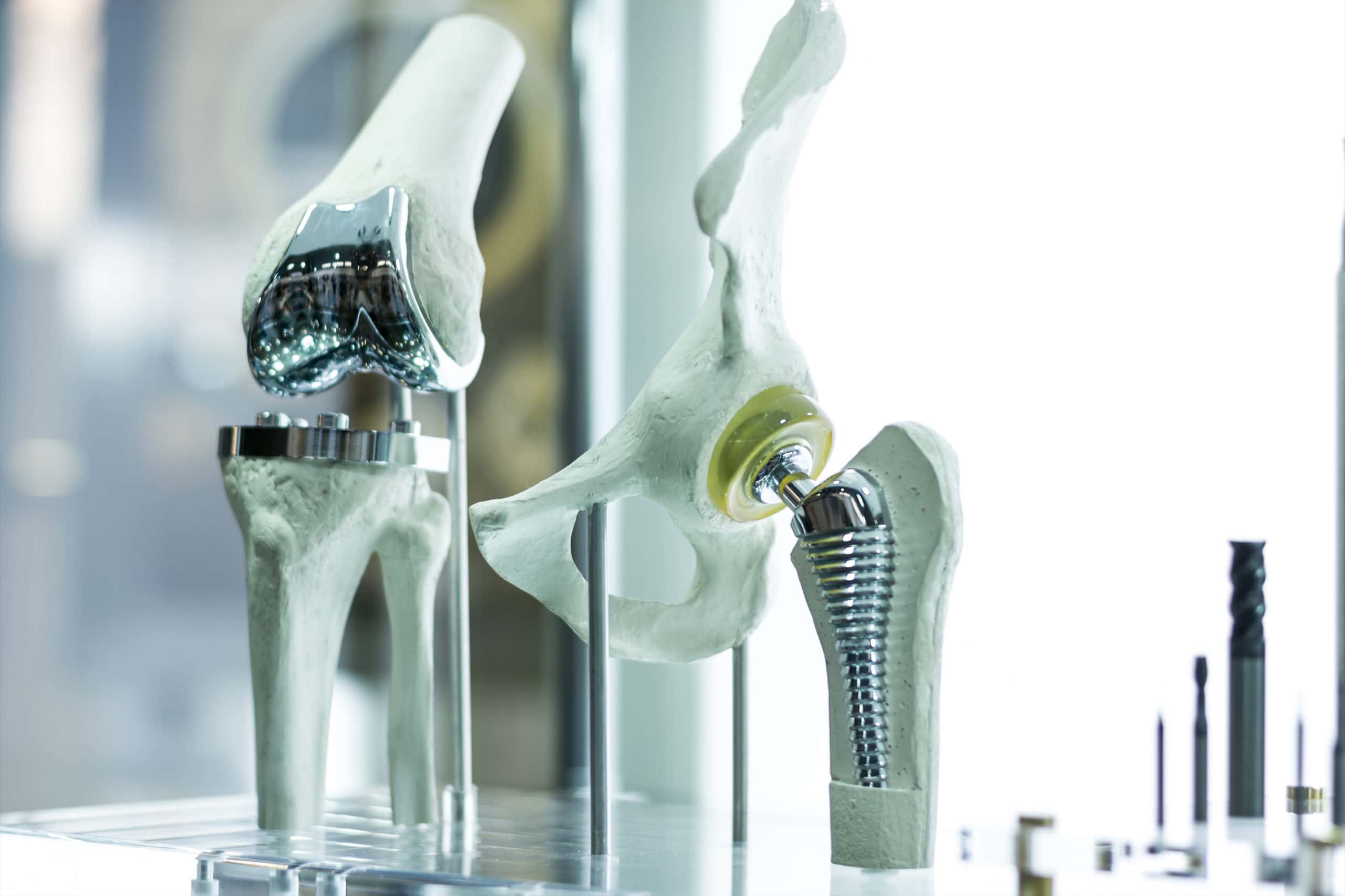Over time, our bodies begin to wear as we grow older. This is a natural process that everyone faces. Typically, one of the first things to begin wearing down is our joints. The hips and knees endure a lifetime of kneeling, walking, running, crouching, crawling, and more. So, it makes sense why many, especially those who lead particularly active lifestyles, face joint degradation earlier. Thousands of Americans every year must have replacement surgery due to arthritis or other bone diseases. Before you decide on a procedure, it is important to understand the dangers of artificial hips and knees.
Dangers of Artificial Hips
Hip replacement surgery is normally done when hip pain interferes with daily activities like walking, standing, or even shifting weight . Over time the joints that connect the hip to the lower body can wear or decay from long-term use or disease. Most commonly, patients receive a hip replacement due to severe arthritis damage. If you opt for this procedure, there are risk factors that should be considered before pursuing. According to the Mayo Clinic, these include:
- Blood clots
- Infection
- Fracture
- Dislocation
- Change in hip length
- Loosening
- Nerve Damage
This isn’t a forever solution, though. Eventually, the artificial hips may wear out again or even cause discomfort if the implants were set incorrectly. So, it is important to be smart about your daily activities and lifestyle after your procedure.
Dangers of Artificial Knees
Like hips, our knees can decay due to daily wear and tear of living a normal life. Your symptoms can determine if you need an artificial knee replacement. In most cases, struggling to perform normal daily activities or suffering significant pain from small movements could mean a knee replacement is on the horizon. Just as with any other procedure or surgery, this major surgery does involve risks. According to John Hopkins Medicine these risks include:
- Infection
- Longer-term knee stiffness
- Persistent knee pain
- Implant failure
All these symptoms can cause further complications for the replacement if left unchecked. It is important to monitor that status of your pain after the procedure to ensure a proper recovery is maintained.
Protecting You from Defective Medical Implants
Deciding on whether to have a surgery is challenging enough, especially when both procedures hold big implications for your daily lifestyle. With a defective implant, the consequences could be severe, including an inability to walk due to a damaged or improperly placed implant, or inability to move entirely. We should be able to trust that medical devices and implants will do their job, but this is not always the case. Our medical device and pharmaceutical attorneys seek to hold manufacturers responsible for defects that cost you your active lifestyle.
If you have been negatively impacted by an implantable device, find out how we can help by contacting us or calling (909) 345-8110!
